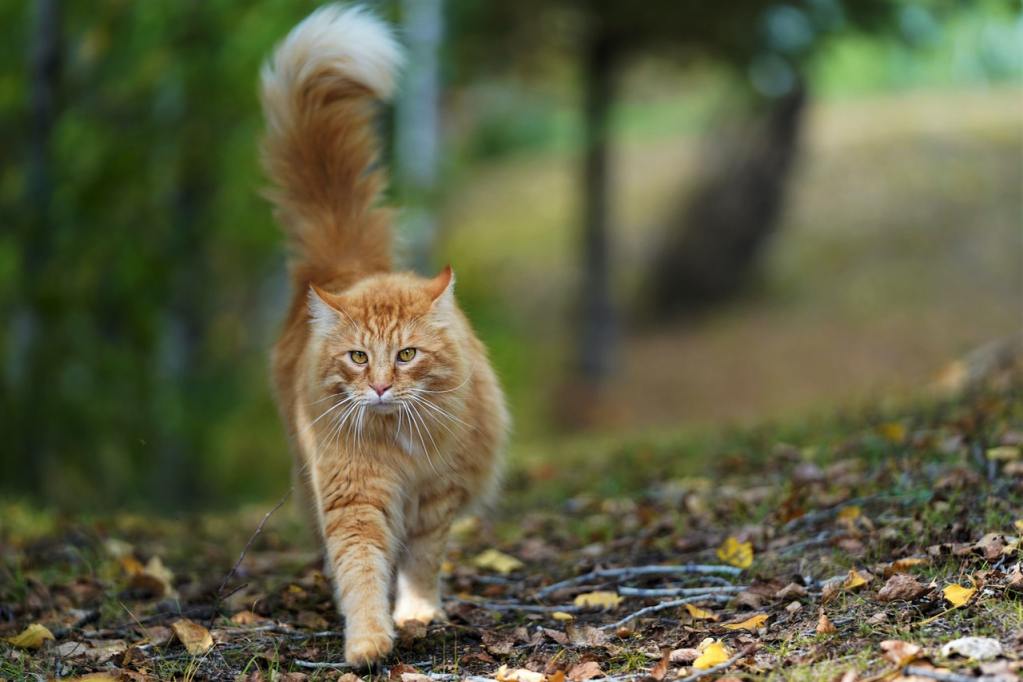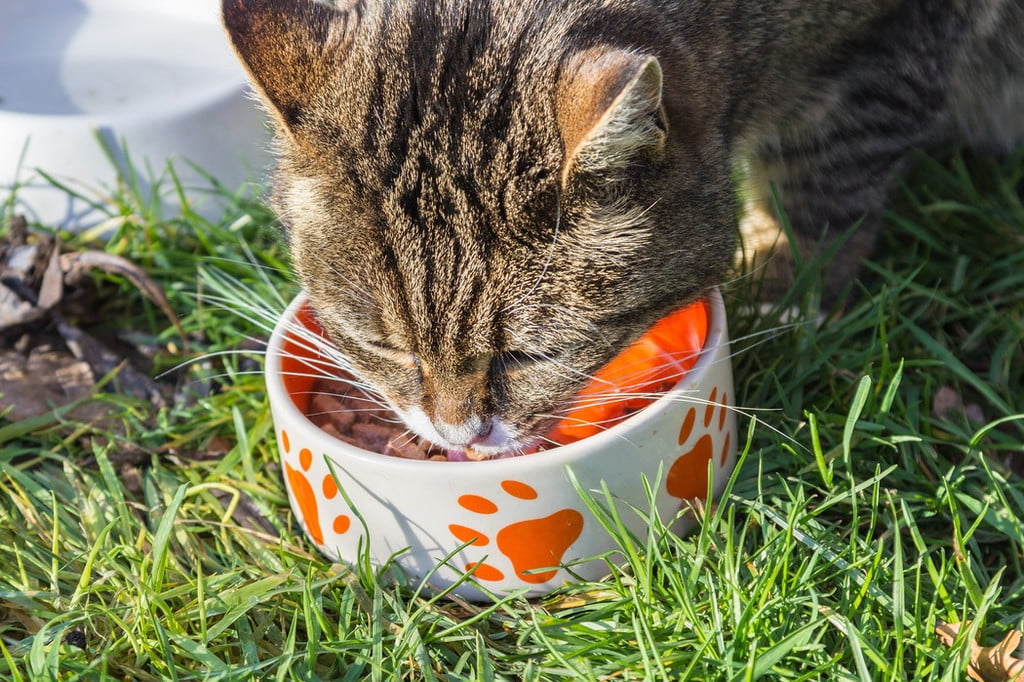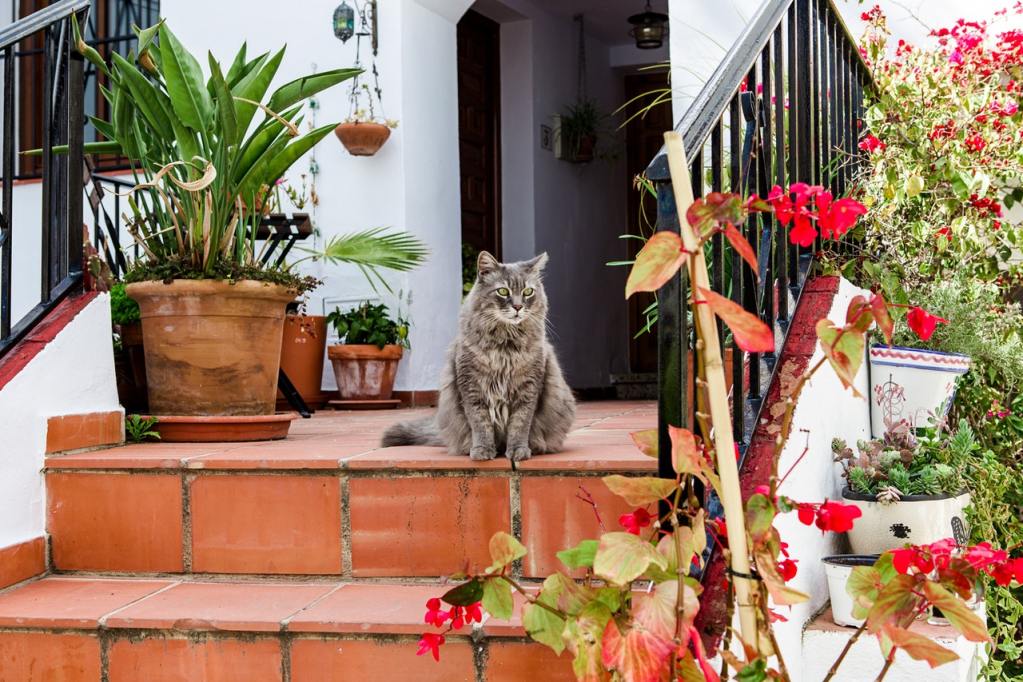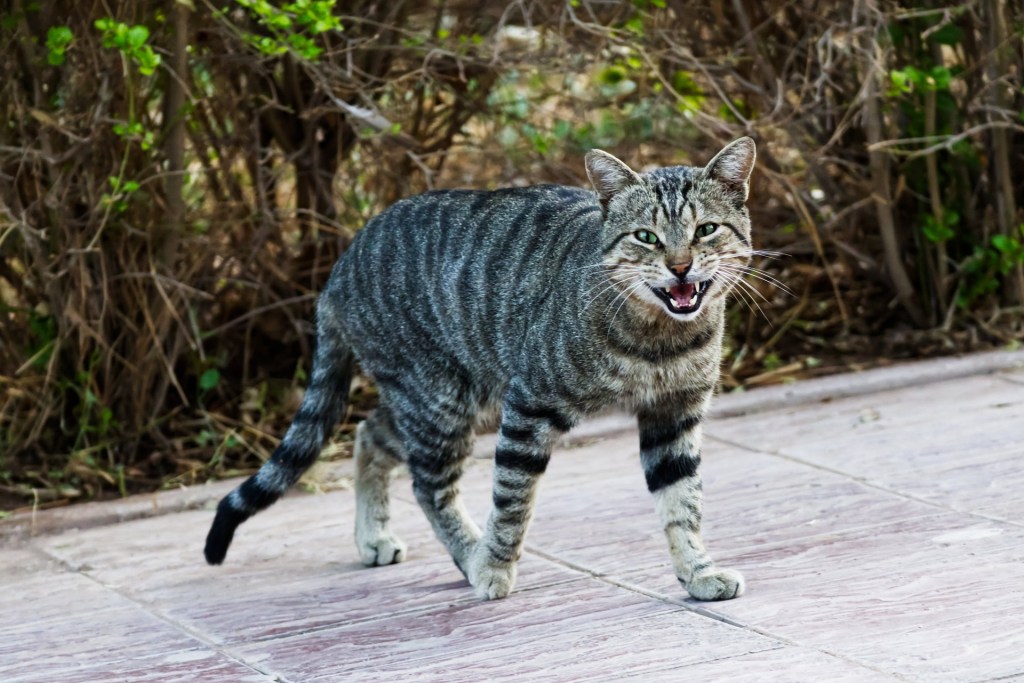So you're playing backyard games with your family and friends, and then an unexpected feline guest stops by. You're not exactly sure who owns this cat. You're uncertain if it is even friendly, and you have no idea how to politely discourage it from coming around. If this sounds like something you’ve experienced lately, it's time to deal with stray cats that wander onto your property. By the time you finish reading this article, you will have plenty of ideas for how to respectfully and humanely keep stray cats out of your yard.

Why are strays a problem?
Cats are a particularly independent animal species. They love to do their own thing, and this trait is magnified many times over when they are born and raised in the wild. Wild, unsupervised cats can be a bit of a nuisance because they will frequently cause trouble by attacking animals on your property, using your gardening plots as bathrooms, and perhaps trying to get a little too friendly with your other guests.
If left to run wild on your property, you might soon find unwanted kittens in a garage or fleas on the pets you did lovingly choose to bring home. Honestly, it’s perfectly understandable not to want stray cats wandering into your yard.

How to keep strays away
You're probably wondering what you can do about this issue. You’ve tried shushing and politely urging the cats away, but they keep coming back. Try to determine what's attracting stray cats in the first place. Having access to food, shelter, and other creature comforts could cause their visits.
Consider the following steps to reclaim your property from neighborhood strays and feral cats that continue to make themselves at home.
Step 1: Stop feeding your pets outside.
Make sure that if you are feeding your own pets outside, you immediately stop so that you're not accidentally leaving food behind to feed the whole neighborhood.
Step 2: Secure garbage cans, grills, and picnic leftovers.
Hungry and feral animals are attracted to your yard because of the irresistible food smells they pick up. Even if you haven’t left any food out in a while, cats are intelligent and can easily remember where they smelled something particularly yummy.
Step 3: Make sure to spay all female cats on your property.
This process will make local male cats less likely to come around searching for a romantic rendezvous with your beloved pet. Spaying also helps reduce the number of feral cats in your community by ensuring unwanted kittens do not continue the cycle of feral, wild living.

How to convince cats to leave your place alone
If you've exhausted these methods of making your place less attractive, it might be time to bring in a few deterrents.
Step 1: Use scents to keep them away.
To take things to the next level, consider using natural products to repel the cats from your property. Things like ammonia, ground mustard, cayenne pepper, citrus peels, and coffee grounds can double as great compost for your garden while also introducing smells to your yard that cats simply cannot stand.
Step 2: Add in lighting.
Scaring stray cats away with motion-activated sirens and lights can work in some situations. A lower-tech solution is to ring a bell or bang on a metal can with a spatula from your kitchen. Cats are naturally quite skittish and can scare easily if they hear loud sounds. It might only take a little noise to ensure the cats get the message that your property is now off limits for their adventures.
Step 3: Try cat-repelling plants
Prefer to stick with something more natural? Many flora keep kitties away without any chemical or electrical intervention. Do your research though because you don't want to plant anything that's toxic.

Do your best to find a humane solution
If the problem persists, address the topic with other neighbors in your community. If you have taken many of the above steps, but your neighbor continues to feed the wild cats every night, it’s easy to understand why they keep coming around. Also, when you bring this kind of topic up with neighbors, people often have similar experiences, and you might be able to build a neighborhood coalition dedicated to humanely removing the unwelcome guests.
After you’ve exhausted all of the above tips, you might simply need an expert's help. They can recommend humane traps available on the market and even help you set some to ensure the cats are captured and released to a no-kill animal shelter. If your problem continues to escalate, we recommend contacting an animal control professional or a no-kill shelter. Typically, these organizations will be able to best advise you about what is possible in your community.
Editors' Recommendations
- Why do cats twitch in their sleep? The real reasons behind this curious behavior
- Why do cats cover their face when they sleep? This adorable behavior, explained
- Why do cats eat plastic (and when you should be concerned)?
- Why do cats open their mouths when they smell? It’s for a really cool reason
- How long do cats live? The answer may actually depend on their human parent



